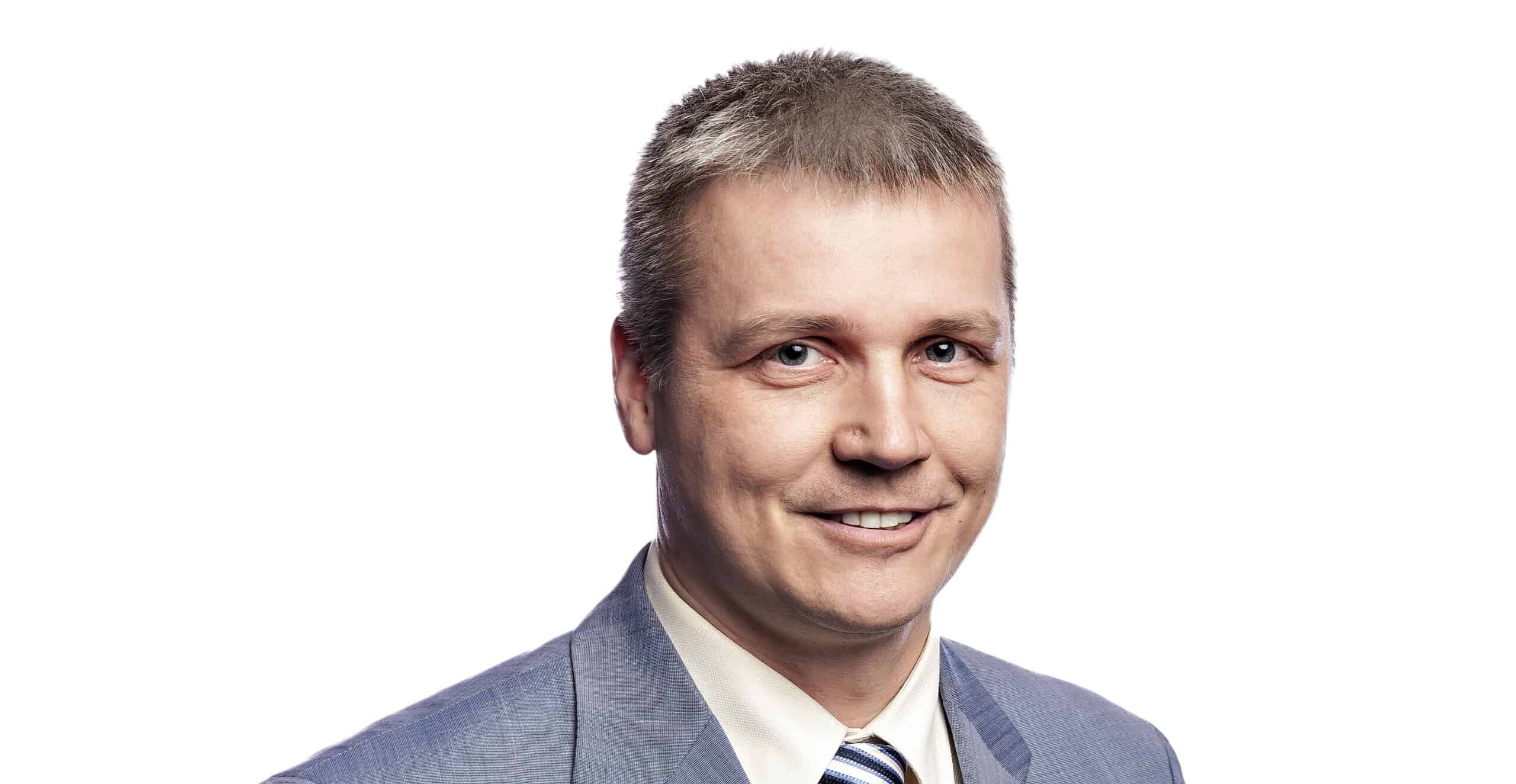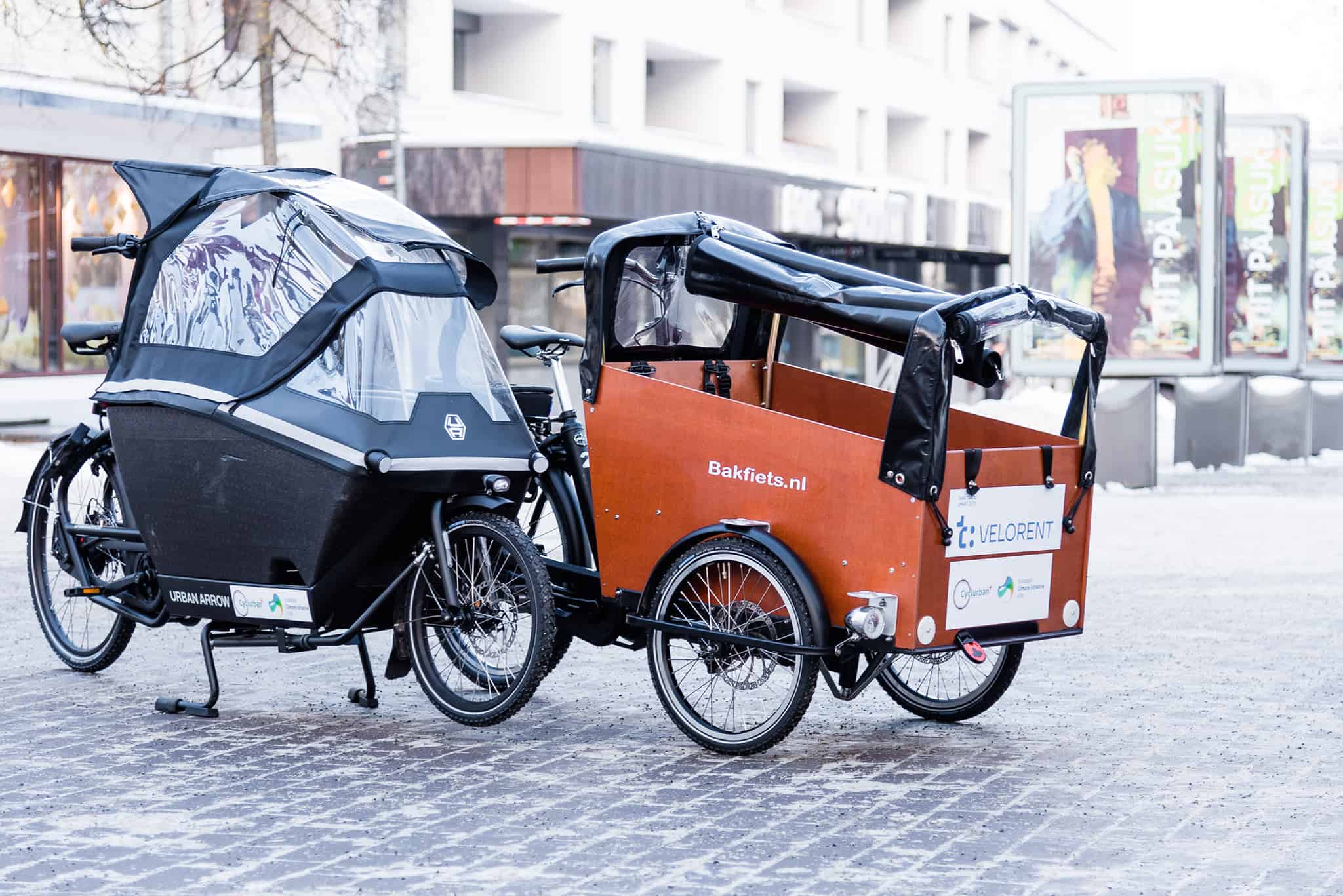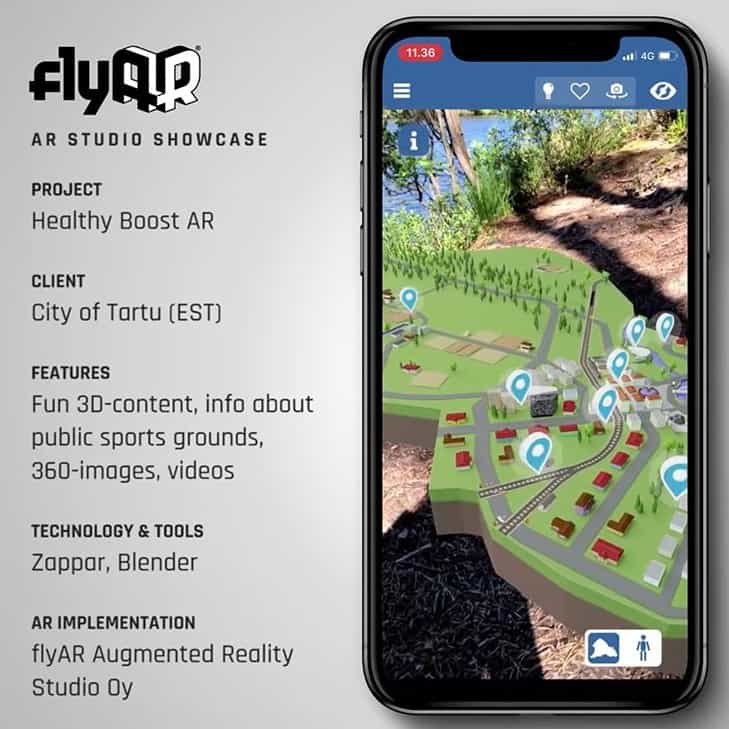
21 February 2022
How Tartu innovated citizens’ life with Interreg
Interview with Deputy Mayor Raimond Tamm
Written by Luca Arfini
Joining the Interreg community isn’t just about receiving funding to transform your smart idea into reality, but also building long-term connections with key partners from all over our region. Raimond Tamm, Deputy Mayor of the Estonian city of Tartu, will present to us what his city achieved by taking part in transnational projects funded by Interreg Baltic Sea Region. Enjoy this journey in the Interreg world.
Around 200 innovative initiatives were implemented thanks to the Interreg Baltic Sea Region during the last seven years. Citizens from 339 municipalities and regions, including Tartu’s residents, benefited from their positive outcomes. Interreg helped Tartu to bring forward solutions on green mobility, innovation, and well-being.
#DidYouKnow
Tartu took part in eight transnational Interreg projects: Baltic Game Industry, BSR electric, cities.multimodal, ClimateAligned, EmpInno, GreenSAM, Healthy Boost & SUMBA.
How did the city of Tartu and its citizens benefit from being part of transnational Interreg projects?
There are definitely many reasons why it has been important for us and our citizens to be part of the Interreg community. Interreg projects have helped us to solve some important issues in our city. External funding is making it much easier to analyse the situation, communicate and engage with different interested parties to implement new solutions. Partnerships built in these projects give us the opportunity to look at the local issues here in Tartu from an international perspective. Joining these projects is also a good way to learn from new and smart ideas born in other countries and cities.
Moreover, transnational cooperation is key to building a strong network working in different areas of urban life. As we have worked with project partners from all over the Baltic Sea region, we have gained several good contacts which will be also useful in the future.
Since Tartu is focusing its efforts on being a smart city, how has transnational cooperation helped Tartu to get closer to this aim? What couldn’t have been done without Interreg?
International projects make it simpler to motivate people from different cities to share their experiences and to work on common goals. In the case of smart city development, we have had the chance to learn from each other and to exchange available solutions. Inspiration from other cities and partners is a crucial element of Interreg projects. Bringing together expertise from different sectors and with different needs will at the end of the day result in a smart solution.
Additionally, thanks to the research carried out within the framework of Interreg projects, we were also able to run pilot projects and test innovative solutions. For example, in the case of the Healthy Boost project, we carried out procurement for sports ground information boards, which are inclusive and accessible for different target groups. When engaging citizens, it is important to not forget those target groups which might face barriers in accessing public services and opportunities.
It would have taken much more time to develop these initiatives without having external support from Interreg. Interreg funding gives you much more possibilities to be ahead of time and to implement bold ideas. So, I would say this is one of the most crucial issues for us.
Tartu has been involved in Interreg projects focused on green mobility and innovation, can you share some practical examples of what your citizen gain thanks to these initiatives?
As a result of these projects, our residents could access additional opportunities and services and live in a more sustainable environment. Thanks to Interreg, Tartu has implemented several innovations in city life.
One of the latest examples is the Sumba project, which enabled us to create cargo bike rental and an urban mobility plan. Now we basically can monitor in real-time how mobility is changing in our city, how much people are using bicycles, how many are using cars, how much public transportation etc.
Another example is the Healthy Boost project. Thanks to it, we have a new map for all our sports fields and playgrounds, and solutions on how to encourage everyone to try outdoor gyms.
With the EmpInno project, we have developed a statistics tool in collaboration with Estonian citizens and entrepreneurs. Now local policymakers have a better overview of the local business ecosystem, and also its development trends.
Finally, the Baltic Game Industry project helped us to create a gaming and film industry incubation programme in Tartu. The programme is still running even though the project is over. In fact, certain activities developed thanks to Interreg didn’t stop after the end of the project, but they continued afterwards. This is certainly one of the best outcomes!
Is there any Interreg Baltic Sea region project that you are personally more familiar with? If yes, why?
Actually yes. The area I focus on in my everyday work is related to communal services and entrepreneurship. It is a broad area covering topics related to mobility, maintenance of the city, streets, green areas, etc. That’s why quite many Interreg projects are actually in the area I am responsible for. Mobility projects, like GreenSAM and Sumba, were regularly on my working table. They are both great initiatives with great achievements in mobility, one of our main focuses.
Our Programme will soon offer new funding for innovative, water-smart and climate-neutral solutions developed transnationally for the benefit of the region. Among these topics, do you find any that is particularly interesting for Tartu? If yes, why?
We are interested in topics related to human health or the health of our planet. Achieving climate neutrality and adapting to climate change are definitely the priority for us. Then there is a number of sub-themes like mobility, energy use, citizens and business engagement, circular economy, responsive public services, creation of a healthy urban environment as well as data management. This includes innovation and the use of smart solutions. As you see, we are working on many of these topics already but transnational exchange could definitely support us in bringing those initiatives forward.
Finally, I would like to add that, for now, we have only worked as normal partners but, in the future, we would like to develop our competencies and take a more prominent role as lead partners in Interreg projects.
#DidYouKnow
In the next years, Interreg Baltic Sea Region will keep supporting projects having a positive impact on the residents of the region, if you have a smart or green idea and want to receive funding for it check our gateway for applicants, where you will find all the information on our next call.
More recent news
Grand results of the first round of small projects!
Despite the winter scenery, the results of 17 finalised Interreg Baltic Sea Region projects are in full bloom! And behind them lie two years of intensive work across borders, mutual learning and inspiration, and connections that last.
Climate-neutral future at hand for Baltic Sea region cities
Turning a city into a climate-neutral one requires knowledgeable people, thorough planning and solid financial resources. But how can cities manage this transition smoothly? The Interreg project Climate-4-Case guides cities around the Baltic Sea on how to do that right.
Designing Interreg Baltic Sea Region that belongs to everyone
10 December 2025 Designing Interreg Baltic Sea Region that belongs to everyone Written by Eeva Rantama What if the next Interreg Baltic Sea Region...
Monitoring the Programme’s progress: transnational cooperation in the making
Representatives from nine Programme area countries gathered in Berlin on 19-20 November 2025 to review the progress of the Programme’s implementation and start preparing for the post-2027 period.









